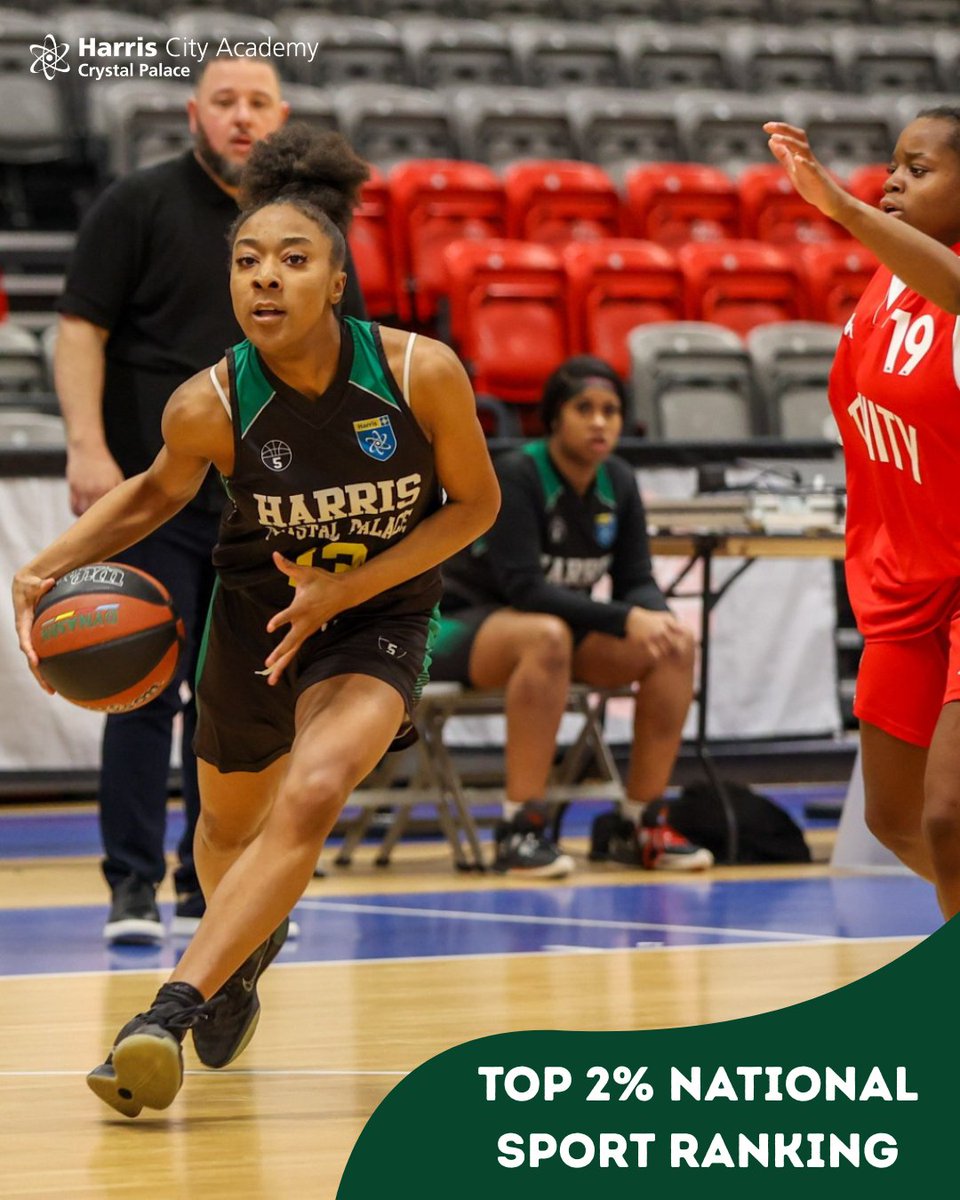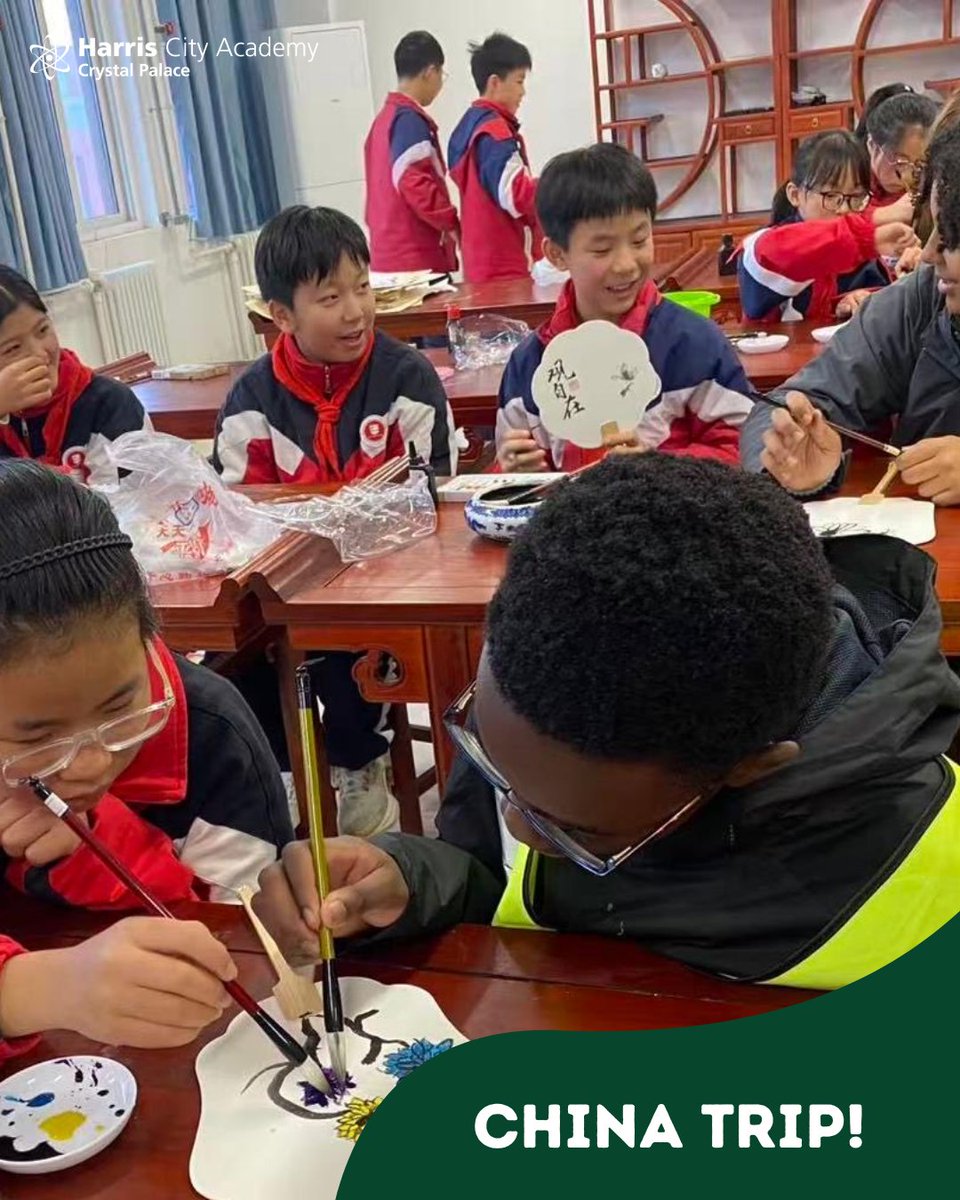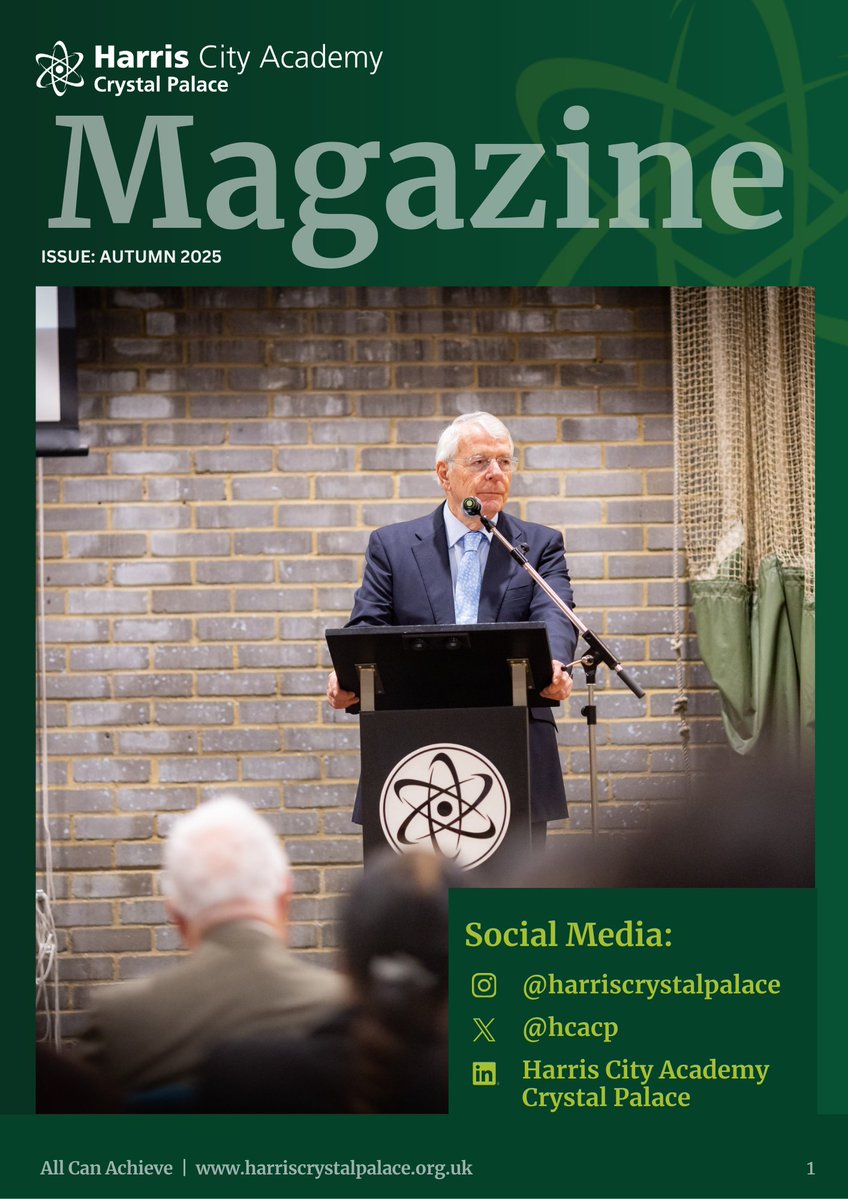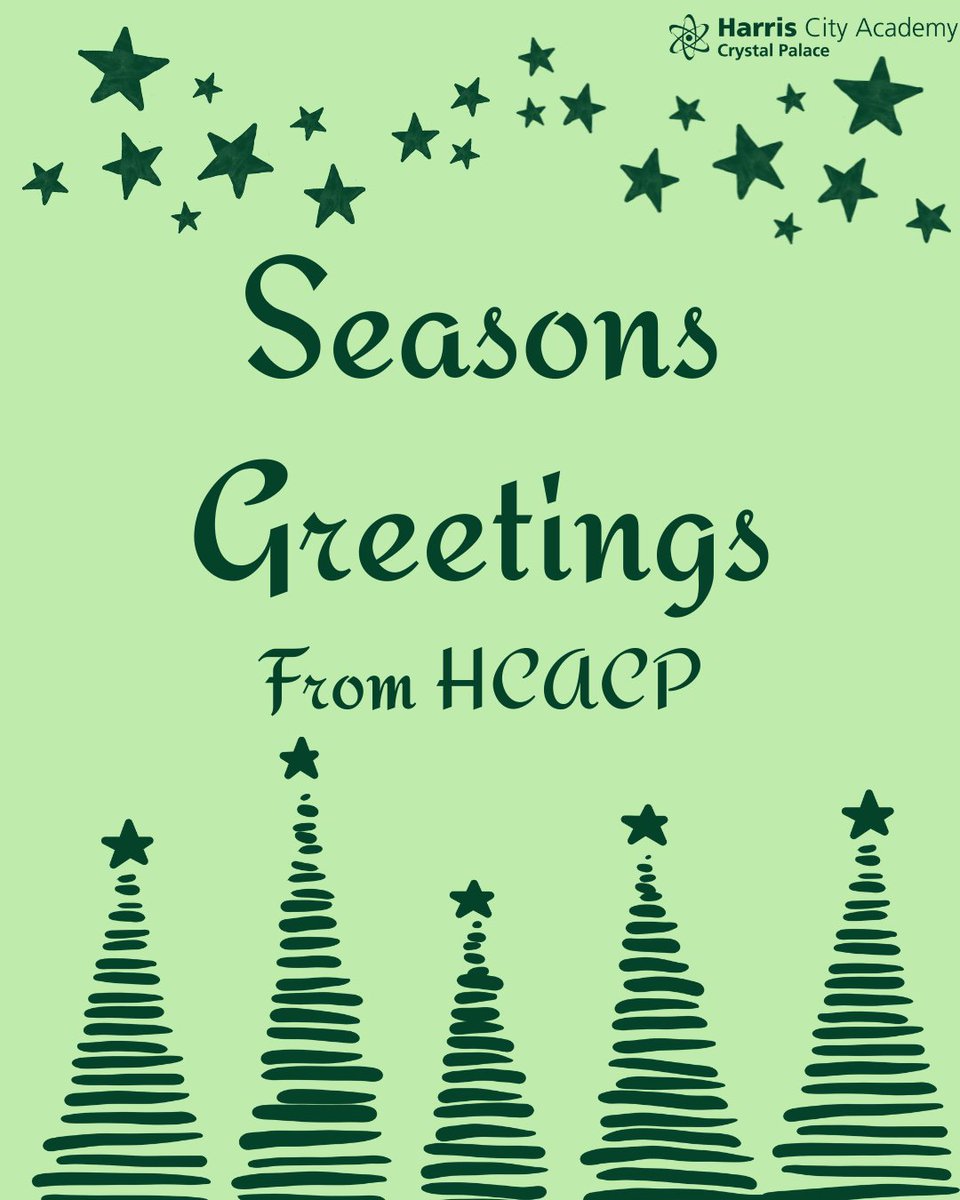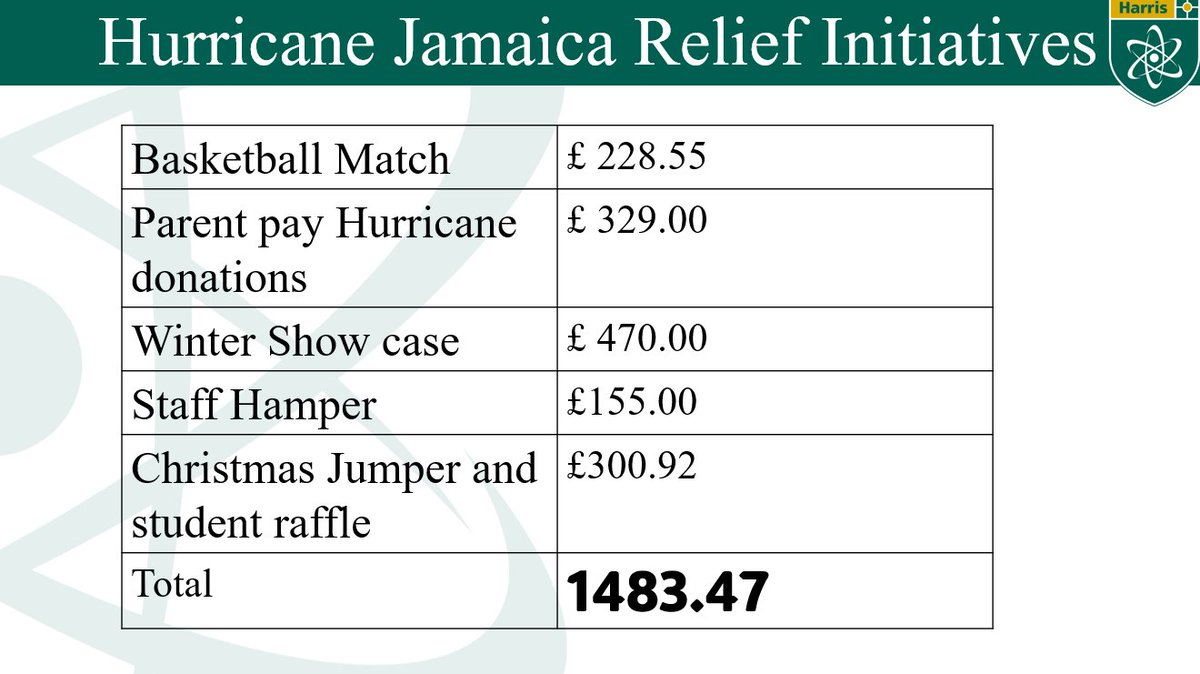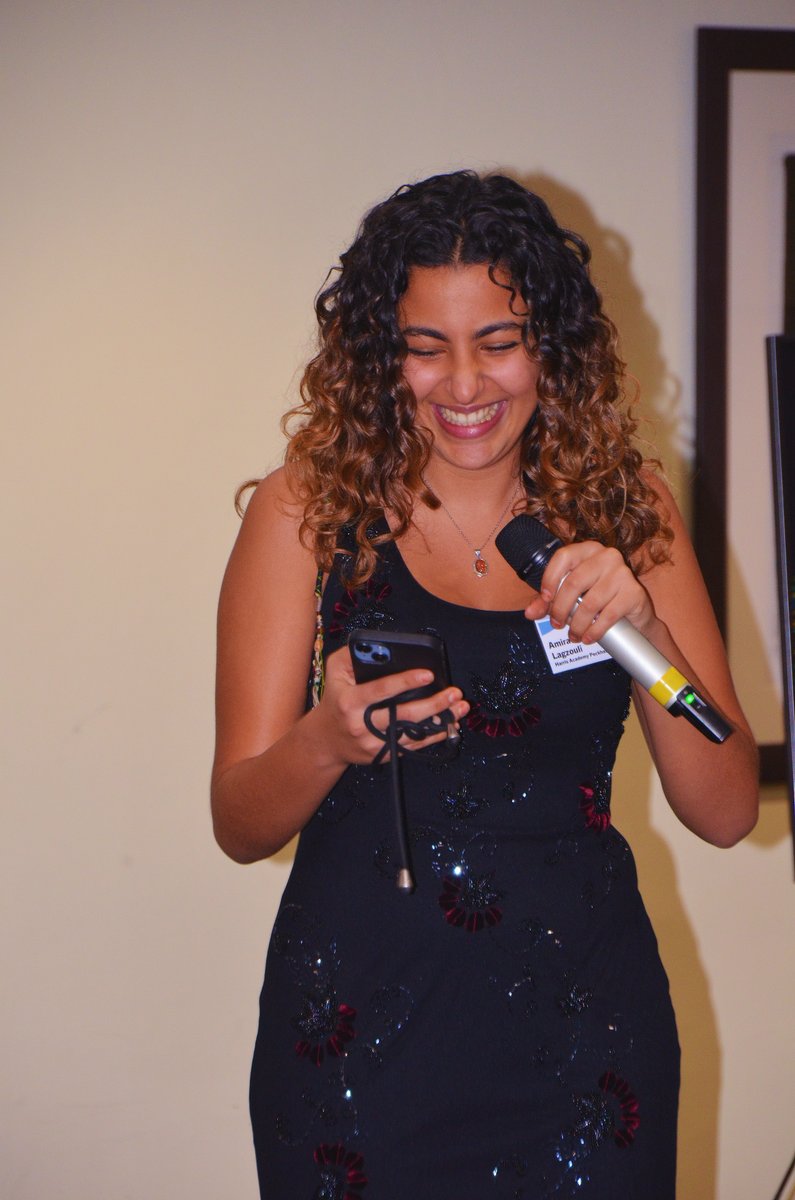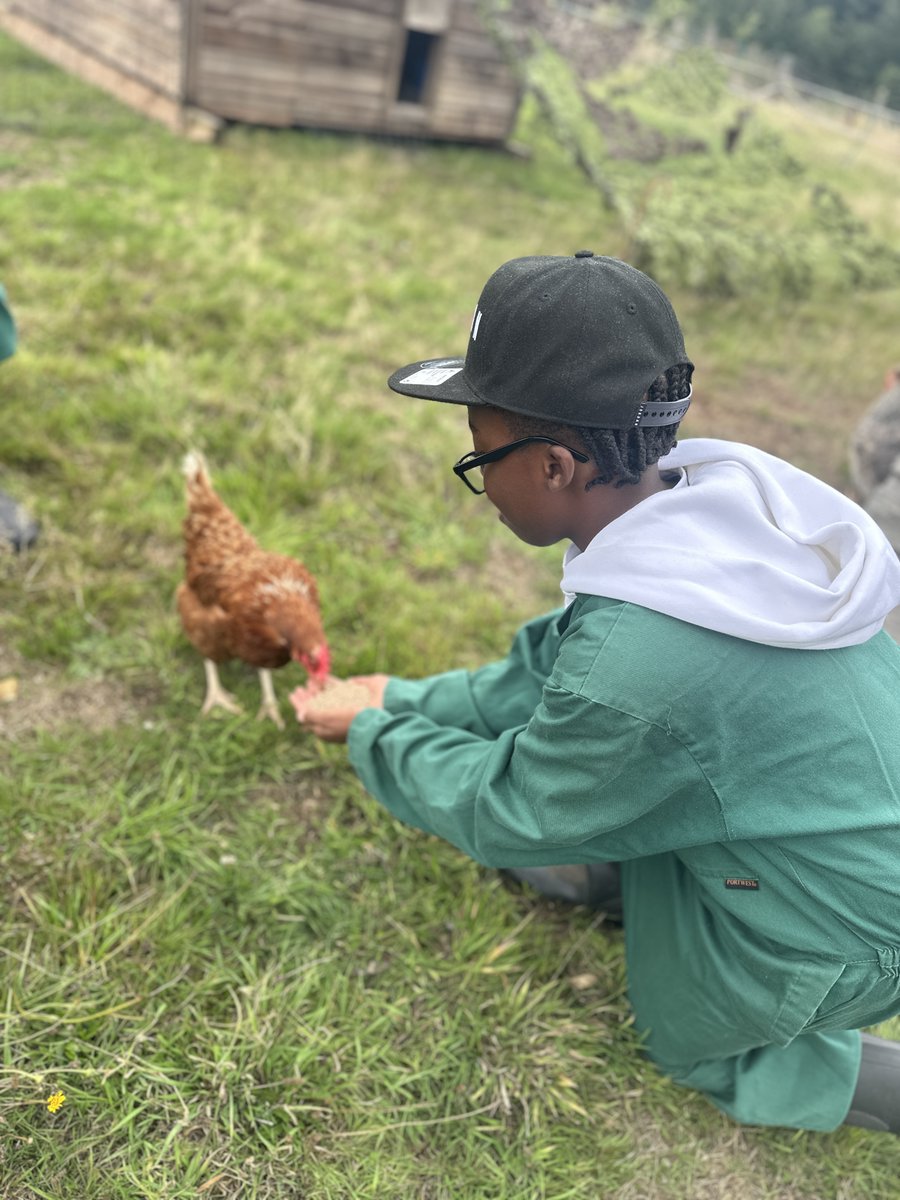Character Development
Character development is a fundamental aspect of nurturing every student at Harris City Academy Crystal Palace, ensuring that All Can Achieve.
Our knowledge-rich curriculum fosters critical and curious learners which is seamlessly integrated with our personal development and character curriculum. This holistic approach ensures that our students graduate as well-rounded individuals, fully prepared for the world beyond school.
Research highlights key character traits that enhance educational attainment, school engagement, and attendance:
- High self-efficacy, or self-belief, is associated with better performance, more persistence and greater interest in work
- Highly motivated children (linked to tenacity), driven internally and not by extrinsic rewards, show greater levels of persistence and achievement
- Good self-control (or self-regulation, the ability to delay gratification) is associated with greater attainment levels
- Having good coping skills (part of being able to bounce back) is associated with greater well-being
At Harris City Academy Crystal Palace, our core values—co-operation, courage, community, commitment, and contribution—define our students’ character. These principles are at the heart of our Academy, reflected in the homily we recite at the close of assemblies and events.
Implementation
We place equal importance on fostering students' character development alongside their academic growth. This commitment is integrated into our staff training, daily interactions, lessons, weekly PSHE workshops, and Faculty assemblies.
From Years 7–11, students take part in a structured 25-minute PSHE session during form time, providing regular opportunities to engage thoughtfully with current affairs and explore future career pathways. In Spring Term 1, students in Years 7–10 follow a focused six-week programme in Financial Literacy, equipping them with essential knowledge and practical skills to manage money confidently and prepare for the responsibilities of adult life. Students in Years 7-11 also have one PSHE assembly per week led by a senior, trained member of staff where key content from the PSHE and RSE curriculum is covered.
Twice a week, students kick-start their mornings with Book Club during tutor time, where they read and explore an age-appropriate text alongside their tutor. These carefully chosen books not only foster a love of reading but also spark meaningful discussions on important themes related to SMSC, PSHE, RSE, SACRE and broader real-world issues. This shared reading experience encourages curiosity, critical thinking, and a deeper connection to the world around them.
In the Sixth Form, students benefit from two PSHE/RSE lessons with their tutors each week as well as bespoke study skills, mental well-being and career pathway sessions. Our programme of bi-weekly Year group assemblies also offers support through career-focused guest speakers, apprenticeship updates and UCAS preparation. In addition, we offer a vibrant and varied enrichment programme with a range of range of activities designed to support our core values of contribution, courtesy, cooperation, community and courage.
These sessions are further complimented by additional drop-down days, assemblies, activities, charity work, volunteering opportunities, external speakers, work experience and trips. The curriculum is constantly being adapted to suit the ever-changing needs of the students and social contextual issues that arise.
 Faculty assemblies
Faculty assemblies
Every week students attend a Faculty assembly that is centred around important events, national events, celebrations, topical issues and citizenship content.
- Holocaust Memorial Day
- Black History Month
- US versus UK elections
- European Day of Language
- Remembrance Day
- Finance Matters
- Children’s Mental Health Week
- Comic Relief/Unicef club
- Safeguarding assemblies
Thes assemblies incorporate our core values, careers links, character value and always end with the reading of homily by a nominated student.
Promotion of British Values
British Values are embedded in everything we do and are central to our core principles: co-operation, courage, community, commitment, and contribution. These values are reflected in our homily and reinforced through various initiatives.
The concepts of democracy, the rule of law, tolerance, mutual respect, and individual liberty are integrated into our assemblies, PSHE workshops, student leadership programmes, raising and giving programme, enrichment clubs, and the taught curriculum.
To promote democracy in action, we organise mock elections during UK elections. Student leadership roles—including student council members, prefects, senior prefects, and the head boy and head girl—are chosen through hustings and ballots.
Throughout the year, we celebrate diversity and achievement through various events, such as: Chinese New Year, Jamaica Day, Africa Day, European Day of Languages, Black History Month, March Maths Month, Comic Relief/Sport Relief, World Book Day, Eid, Christmas Carol Concert awards evenings, and rewards assemblies. A range of activities are organised to celebrate the diversity of cultures and beliefs of our school community.
Impact
Strong character development, when integrated with academic excellence and critical thinking skills, plays a vital role in shaping students into responsible and engaged global citizens. By fostering qualities such as empathy, integrity, resilience, creativity and cultural awareness alongside intellectual growth, education can empower students to navigate complex global challenges, contribute meaningfully to society, reduce barriers to success and thrive in diverse environments.
 The six-character benchmarks
The six-character benchmarks
When considering the intent, implementation and impact of our character education programme, we have considered the following six Character Education benchmarks included in the Department for Education guidance from November 2019. These benchmarks summarise the most important features of good provision for character education.
What kind of school are we?
- How clearly do we articulate the kind of education we aspire to provide?
- How do we ensure that all members of the school community (e.g. staff, pupils, parents/carers, governing body) understand and share our aims?
- How effectively do we create a sense of pride, belonging and identity in our school?
What are our expectations of behaviour towards each other?
- Are we clear on the importance of discipline and good behaviour in school life? How do we promote this understanding?
- How well do we promote consideration and respect towards others (pupils and adults), good manners and courtesy?
- How well do we promote a range of positive character traits among pupils?
How well do our curriculum and teaching develop resilience and confidence?
- Is our curriculum ambitious for our pupils? Does it teach knowledge and cultural capital which will open doors and give them confidence in wider society?
- Is our curriculum logically organised and sequenced, including within subjects, and taught using effective pedagogy, so pupils gain a strong sense of progress and grow in confidence?
How good is our co-curriculum provision?
- Does it cover a wide range across artistic, creative, performance, sporting, debating, challenge, team and individual etc. so all pupils can both discover new interests and develop existing ones?
- Do we make use of or promote local, national or international programmes or organisations? (e.g. uniformed organisations, Duke of Edinburgh, National Citizen Service etc.)
- Is provision of high quality and does it challenge pupils and build expertise? Is participation sustained over time?
- Are there ample opportunities for pupils to compete, perform etc., and is success acknowledged and celebrated?
How well do we promote the value of volunteering and service to others?
- Are age-appropriate expectations of volunteering and service to others clearly established?
- Are opportunities varied, meaningful, high-quality and sustained over time?
- Do volunteering and service opportunities contribute to breaking down social barriers? Are they effective in making pupils civic-minded and ready to contribute to society?
How do we ensure that all our pupils benefit equally from what we offer?
- Do we understand and reduce barriers to participation (e.g. cost, timing, location, logistics, confidence, parental support etc.)?
- Do we enable young people from all backgrounds to feel as if they belong and are valued?
- Is our provision, including our co-curricular provision, appropriately tailored both to suit and to challenge the pupils we serve?
View the Department for Education character education framework guidance.
